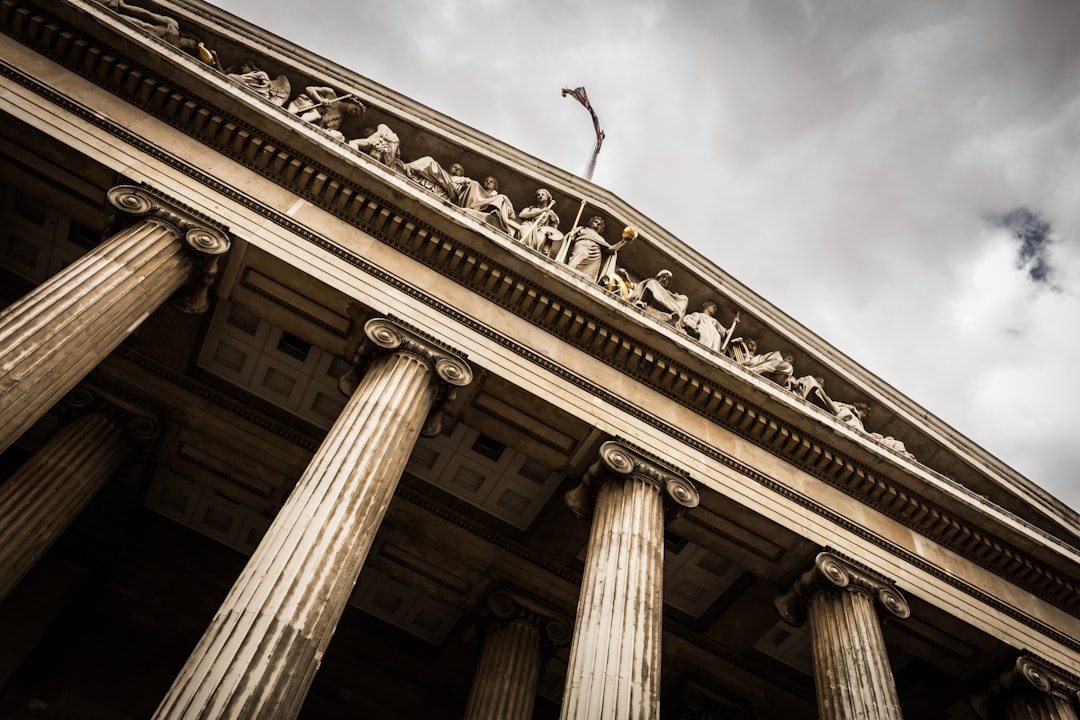In Florida, recent legal reforms have strengthened sexual assault cases by revising consent definitions and eliminating certain offender defenses, encouraged by a state rape law firm. Religious beliefs greatly impact attitudes towards sexual violence, with some communities favoring internal resolution over legal action. This creates challenges for rape law firms in representing victims, as religious doctrines can influence perceptions of consent and shape testimonies. However, Florida's diverse religious landscape also presents an opportunity for rape law firms to educate both victims and the legal system about these cultural influences, fostering understanding and access to justice while respecting individual beliefs.
In Florida, as in many parts of the world, religious beliefs significantly influence perceptions of sexual assault, often complicating legal proceedings. This article delves into the intricate relationship between religions and sexual assault cases, exploring how cultural and faith-based attitudes shape justice. From Florida’s evolving sexual assault laws to real-life case studies and strategies employed by rape law firms, we uncover the challenges faced by victims seeking justice amidst diverse religious interpretations. Understanding these dynamics is crucial for fostering a more inclusive legal system.
Understanding the Legal Landscape: Florida's Sexual Assault Laws and Their Evolution

In Florida, sexual assault cases are governed by a complex interplay of state laws and judicial precedents. Understanding this legal landscape is crucial for both victims seeking justice and defense attorneys representing accused individuals. Over time, Florida’s rape law firm has evolved to better address and prevent sexual violence, with stricter penalties for offenders and enhanced protections for survivors.
Key aspects include the definition of consent, which has been broadened to acknowledge the importance of clear and enthusiastic agreement, and the elimination of certain defenses that previously excused or minimized sexual assault. These developments reflect a societal shift towards recognizing the severity of sexual crimes and holding perpetrators accountable. As such, victims are encouraged to come forward, knowing they have legal avenues for support and redress.
The Role of Religious Beliefs in Shaping Attitudes Towards Sexual Assault

Religious beliefs play a significant role in shaping attitudes and perceptions surrounding sexual assault, which can have profound implications for cases in Florida involving rape law firms. Many religious doctrines offer guidance on interpersonal relationships, including marriage, consent, and intimacy, often with strict interpretations that may influence how followers view non-consensual sex. These beliefs can impact both the victims and perpetrators, affecting their willingness to report or pursue legal action.
For instance, some religious communities promote a culture of forgiveness and reconciliation, encouraging individuals to resolve conflicts internally rather than seeking external justice through a rape law firm in Florida. Such attitudes may deter victims from coming forward, as they might fear judgment or be reluctant to disrupt the peace within their faith community. Conversely, certain religious teachings emphasize respect for bodily autonomy and consent, potentially fostering an environment more supportive of sexual assault survivors and their pursuit of legal remedies.
Case Studies: Exploring the Intersection of Religion and Rape Accusations

In the complex landscape of justice, the intersection of religion and sexual assault cases presents intriguing dynamics. Case studies in Florida, a state with a diverse religious makeup, offer valuable insights into how faith-based beliefs can influence accusations of rape. These instances highlight the delicate balance between upholding sexual assault laws and respecting religious doctrines. For instance, some religious communities may have strict interpretations of morality that impact how they perceive consent and sexual misconduct, potentially affecting witness testimonies and legal strategies in rape trials.
A rape law firm in Florida might encounter situations where a victim’s adherence to specific religious values shapes their account of events. This could lead to challenges in gathering evidence and building a robust case, especially if religious leaders or communities play active roles in the victim’s life. Understanding these cultural nuances is essential for legal professionals to ensure fair representations and outcomes, especially when navigating sensitive topics like sexual assault within diverse religious contexts.
Strategies for Justice: How a Rape Law Firm in Florida Can Advocate for Victims Amidst Cultural and Religious Barriers

In Florida, a rape law firm plays a pivotal role in advocating for victims of sexual assault, especially when cultural and religious barriers come into play. These firms understand that navigating sensitive cases requires not just legal expertise but also empathy and a deep grasp of societal nuances. With Florida’s diverse population, including communities with strong cultural and religious beliefs, it’s essential for such law firms to employ tailored strategies.
One approach is to educate both victims and the legal system about the impact of religion on disclosure and reporting. Some religious traditions may discourage open discussion of sexual assault out of fear of stigma or shame. A rape law firm can create safe spaces, provide cultural sensitivity training for legal professionals, and offer resources that respect and accommodate these beliefs while still ensuring victims receive the justice they deserve. Additionally, working collaboratively with community leaders and organizations can foster trust and encourage victims to come forward.






